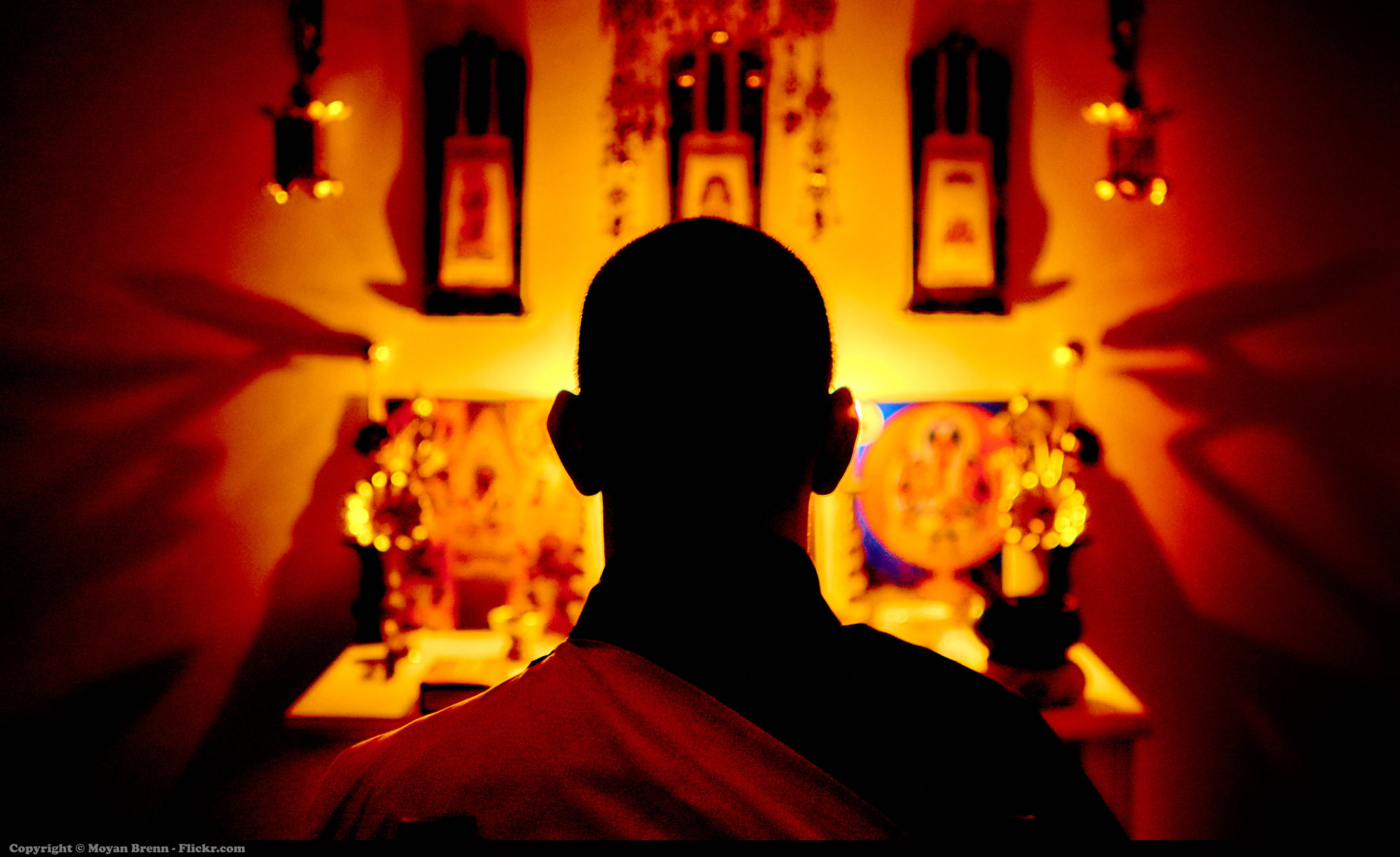What comes to your mind when you hear the word yoga? You would probably visualize an individual covered in sweat, standing on a yoga mat in a difficult posture with his or her hands folded. Well, you are partially correct. As we begin our journey of understanding yoga through this blog, let us first understand the true meaning and origins of the science.
The word yoga comes from the Sanskrit language and literally means the union of the individual soul with the infinite. Though yoga is believed to have been originated from a part of the world, which we now call India, I do not believe it is Indian. Can science belong to a particular nation? No, right?
Yoga is a science of perception, through which one can realize his or her relationship with the universe. It is the inherent ability of human beings that can bring forth the most sublime part of their personality. A type of knowledge that can open the door to knowledge itself.
All the spiritual giants of the world, who have shown humanity a better path and have taught the message of love, compassion, and unity, have practiced yoga, in one way or the other. In the teachings of yoga, it is believed that once an individual has realized the truth, he or she can see the oneness in all existence and develops compassion and love for every form of life.
It is true that yoga has been practiced in India from ancient times and its knowledge has been passed on from one generation to the other in the form of either documented texts or the guru-disciple tradition. Though yoga is popular in the western world mainly for the benefits it brings to the body, its essence lies in its spiritual aspects. A healthy body and mind are only positive side effects of practicing the ancient technique. Similarly, meditation and mindfulness, which are considered separate disciplines by many, are actually limbs of the ancient technique called yoga.
There are many spiritual texts belonging to the Indian civilization, texts that discuss yoga at length and the various techniques that fall under it that can lead to a healthy body, mind and even attainments that might be considered super-human in today’s world. But, the final aim lies in the liberation of the soul.
For practical purposes, you do not have to believe in a religion to feel the effects of yoga in your life. All you need to be is a curious explorer, who is consistent in his practice and only accepts things if they work for him or her. The first step to being a true yogi is to believe in your own experiences.

Admittedly, I initially thought that yoga is just a kind of sports that girls like to do. Only until reading this blog that I know yoga has its own spiritual values and cultural background. Furthermore, I have never tried yoga before, as I doubt I can do those difficult postures. After reading your blog, I am more curious about its culture and spirituality rather than it as a sport. I am looking forward to your future update.